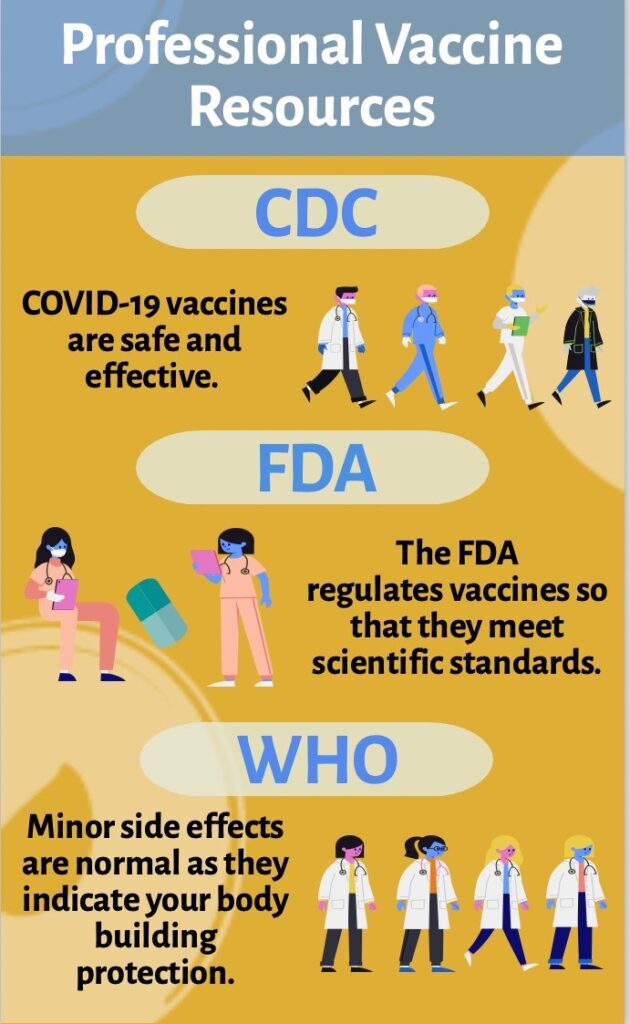By Brianna Tong
Staff Writer
For years, athletes have been expressing their opinions about various matters and movements through the media and personal platforms. Often, their audiences blindly follow their expressed beliefs. Recently, athletes’ decisions on the COVID-19 vaccine have been swaying fans’ conceptions of it.
Fans can examine athletes’ assertions about the vaccine, but they should discern what is best for themselves through relevant medical personnel and online resources.
Athletes’ outspoken opinions have the power to influence the public’s perception on the vaccine.
Recently, NBA player Bradley Beal openly expressed his reasons for his decision to not receive the vaccine.
“I would like an explanation to people with vaccines, why are they still getting COVID?” Beal said. “If that’s something we’re supposed to highly be protected from, that’s funny that it only reduces your chances of going to the hospital. It doesn’t eliminate anyone from getting COVID.”
Beal’s skepticism over the vaccine is valid, and many others also share the same belief. The reality is that a person can still contract the virus, despite being fully vaccinated.
Beal’s statement, however, should not influence students’ perception about vaccination. Getting vaccinated does help protect individuals from contracting COVID-19.
In fact, the majority of people who have taken the vaccine have not tested positive for the virus ever since their fully vaccinated status. Even in the rare chance that they do, it reduces the severity of the COVID-19 symptoms.
The vaccine has already undergone a meticulous process of testing that proves its effectiveness prior to its distribution. Credible public health organizations such as the Centers for Disease Control and Prevention (CDC) and the Food and Drug Administration (FDA), approved of the vaccine and responded to common concerns.
Kyrie Irving, another NBA player, decided not to take the shot due to his private beliefs. His statements may relate to others’ personal beliefs, whether it be of religion or other affiliations.
Irving and many others share a common ground in which their opinions prohibit them from receiving the vaccine. His comments may encourage self-advocacy, as having the right to free speech is essential.
However, not everyone holds similar beliefs. In that case, fans should resort to professional medical resources instead of following Irving’s beliefs.
Recently, TCHS required athletes to upload vaccination records online through OmniPathology.
Despite our athletes already receiving their vaccine, professional athletes’ public stances about their vaccination views may still sway people’s opinions. They may pass this information onto family members who are not vaccinated or insinuate doubt to those who are on the verge of receiving the vaccine.
However, these beliefs that athletes assert are not always the correct options, as the vaccine has many benefits.
If hesitant on whether to get the vaccine, people should instead rely on online health resources like the CDC which provide information on vaccine-related inquiries.
Another option is to ask their doctor on whether or not the vaccine is beneficial to their health.
Professional athletes do not have expertise in the medical field, which in turn lead to their unreliable suggestions.
They are completely entitled to their own opinions on vaccination, and TCHS students have the right to support these players and their beliefs they hold. However, student-athletes must educate and familiarize themselves with the nature of the vaccine.
Just because your favorite athlete has an opinion on a certain topic does not mean that their words are factual. So when in doubt, make sure to do your own research.

